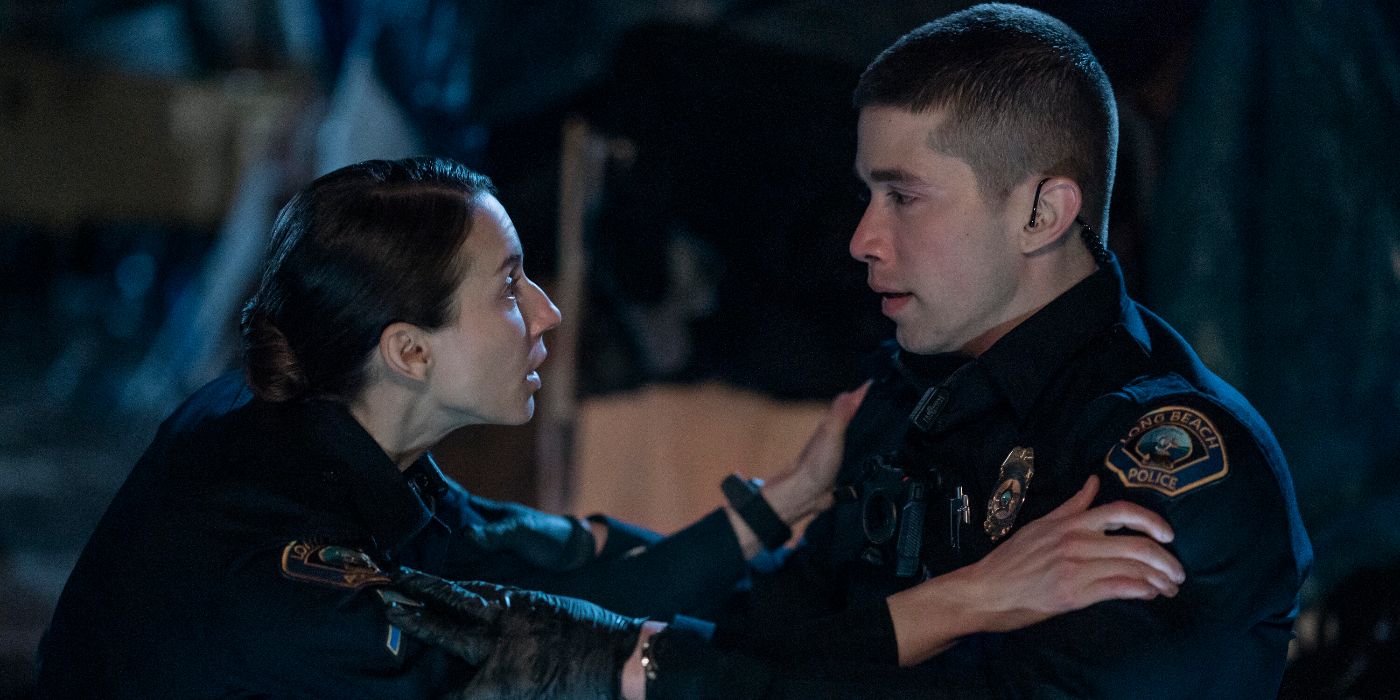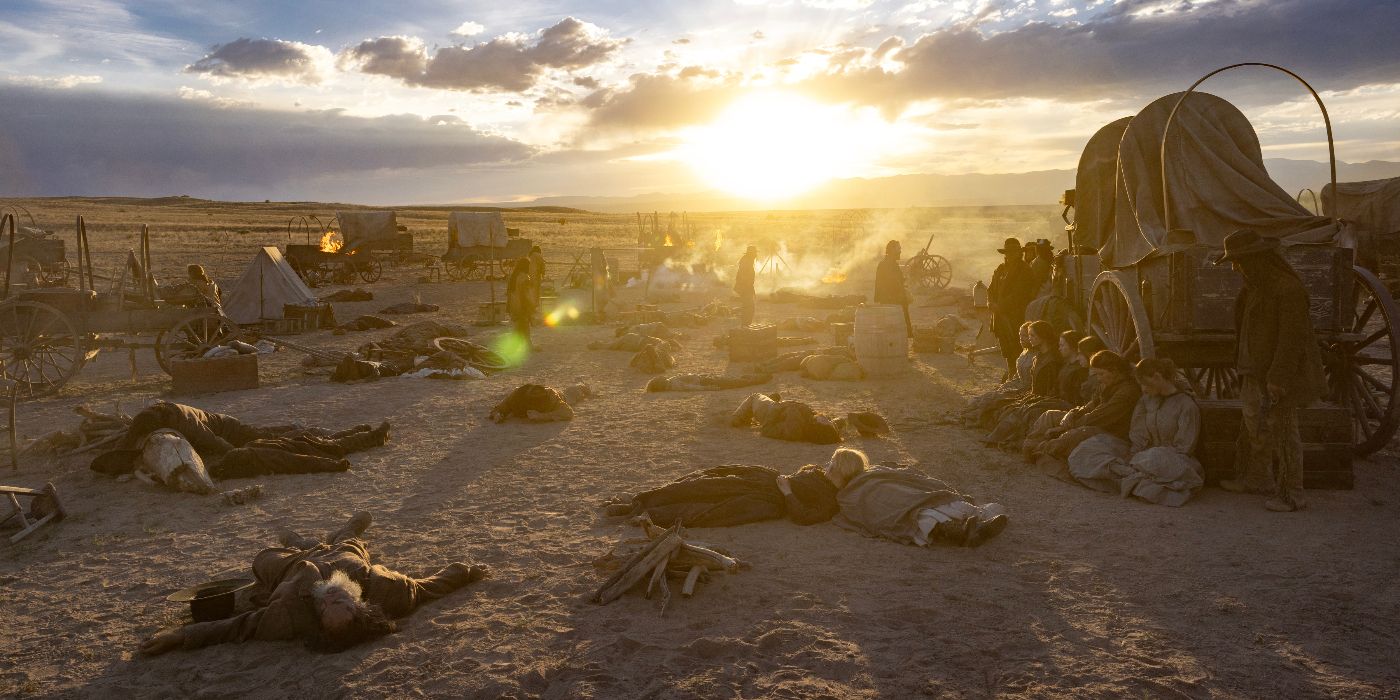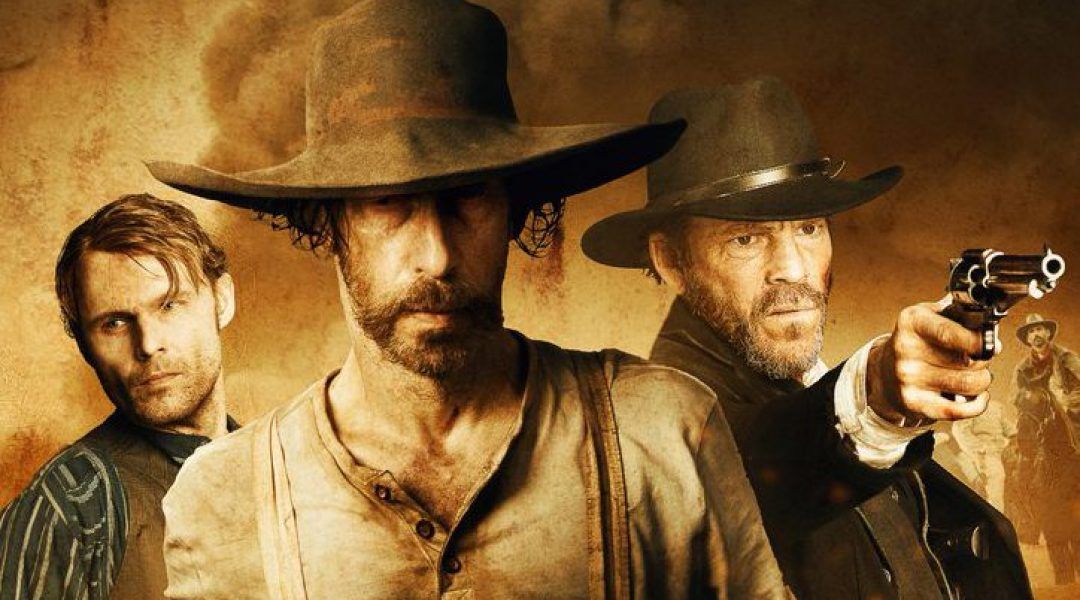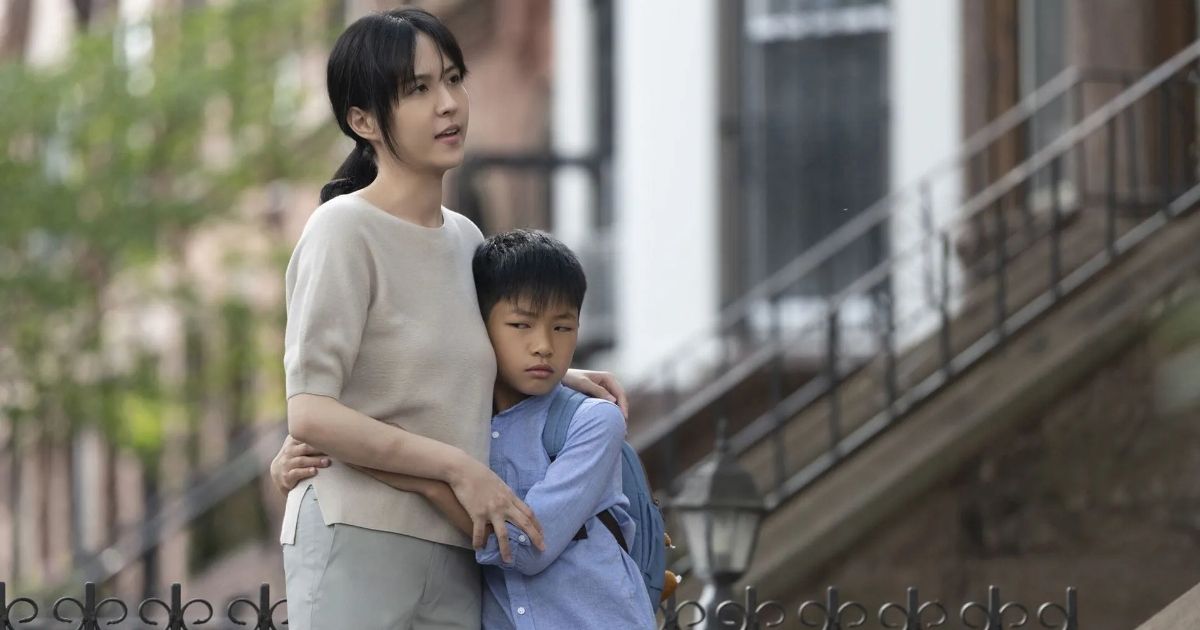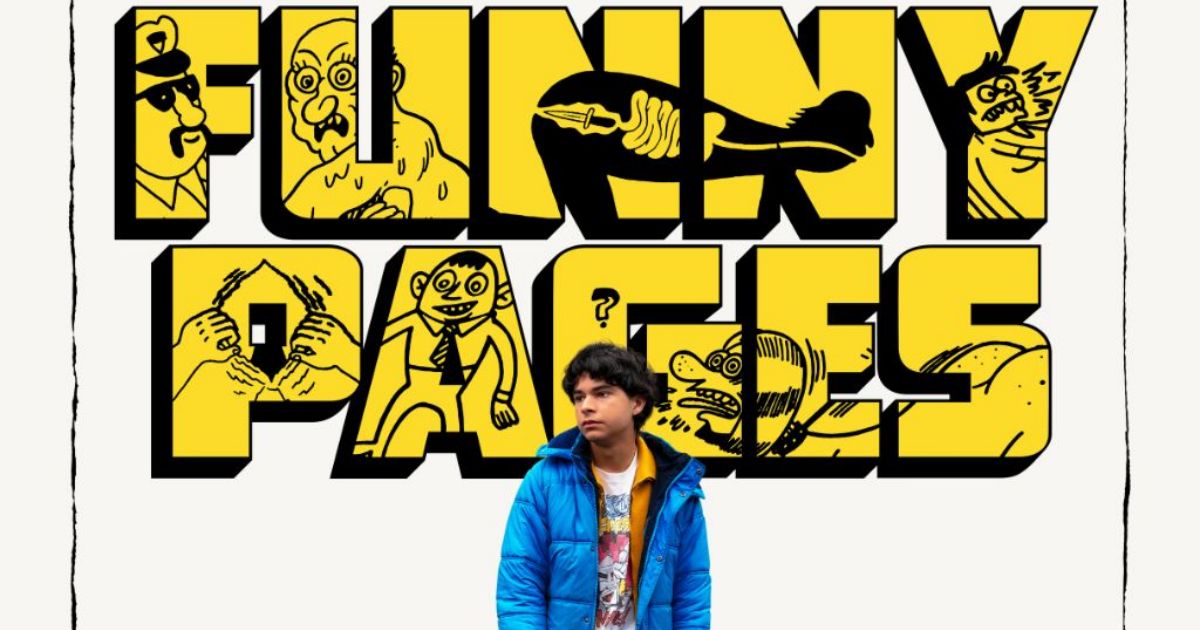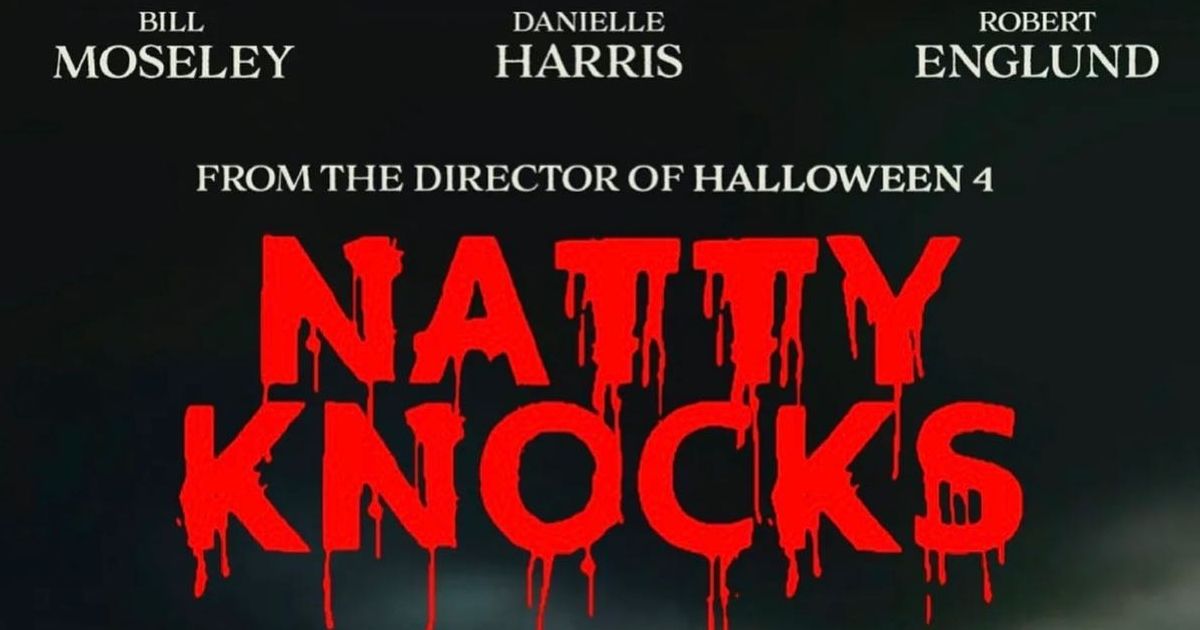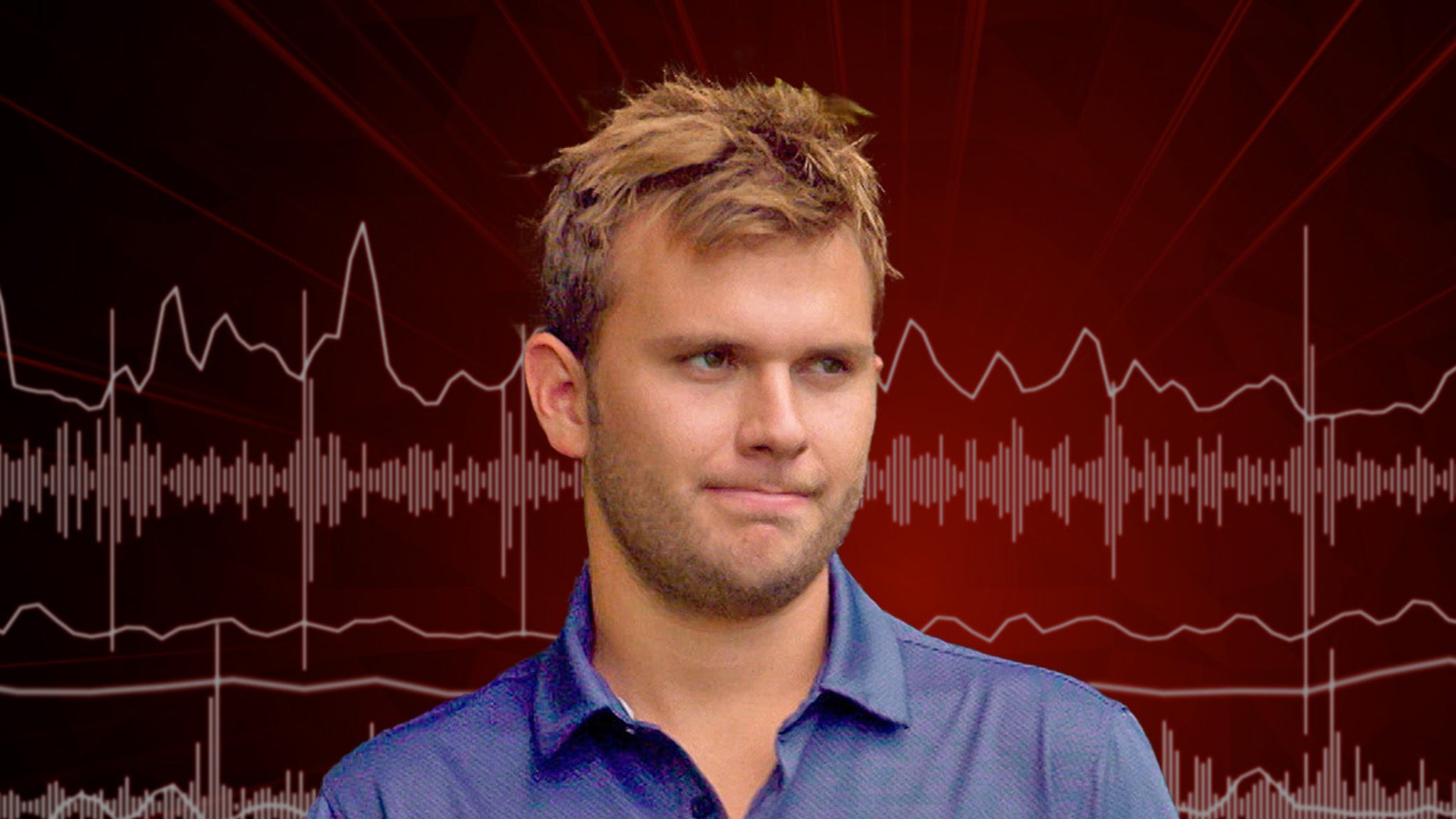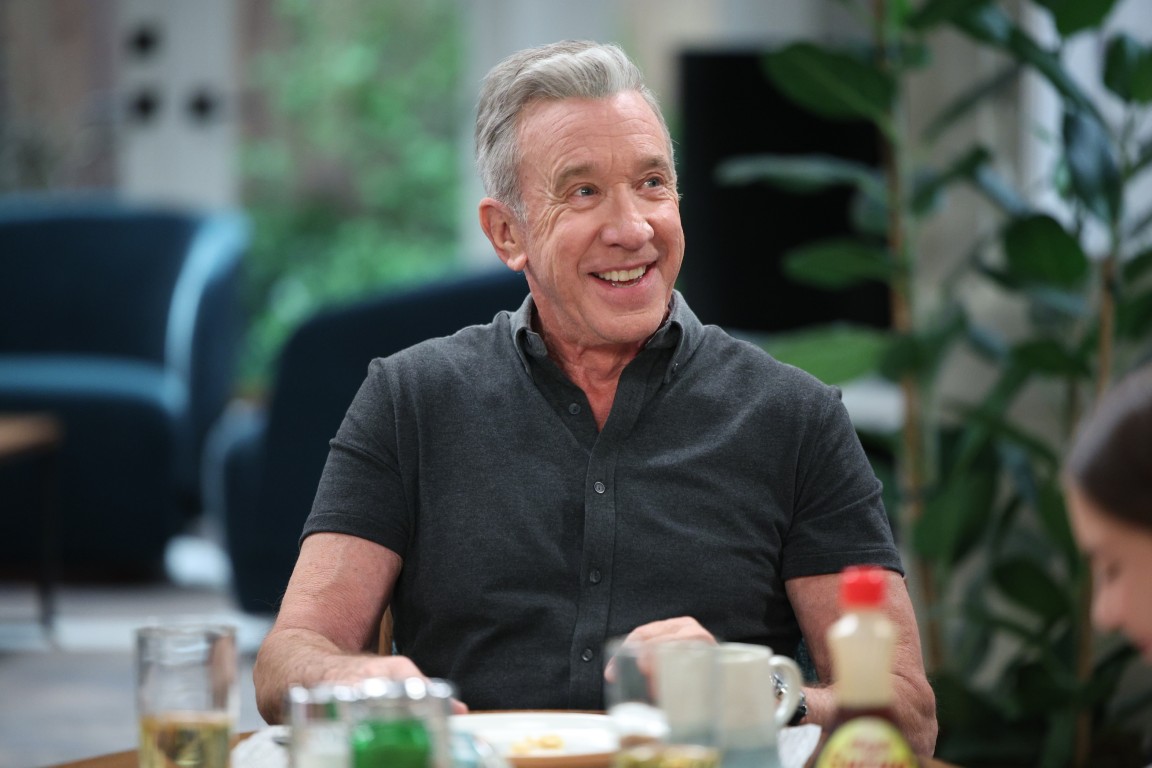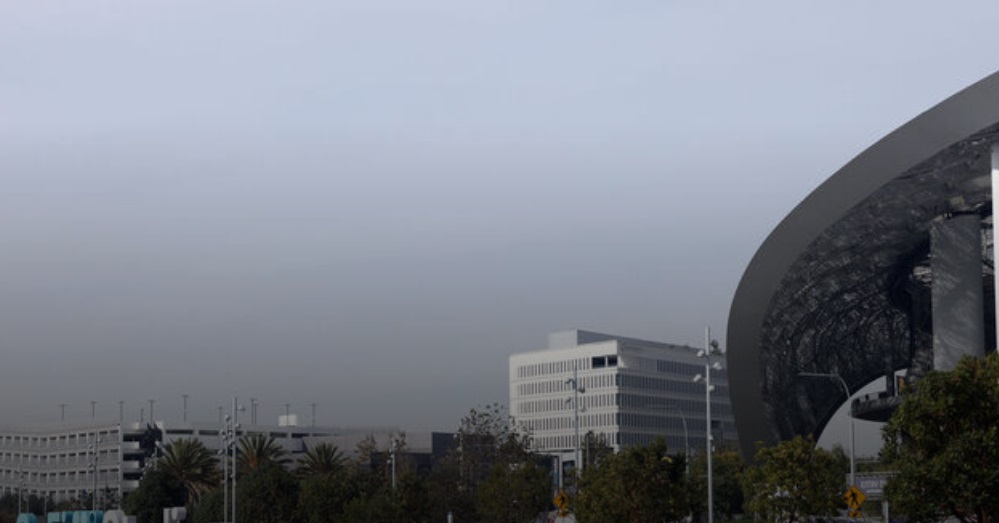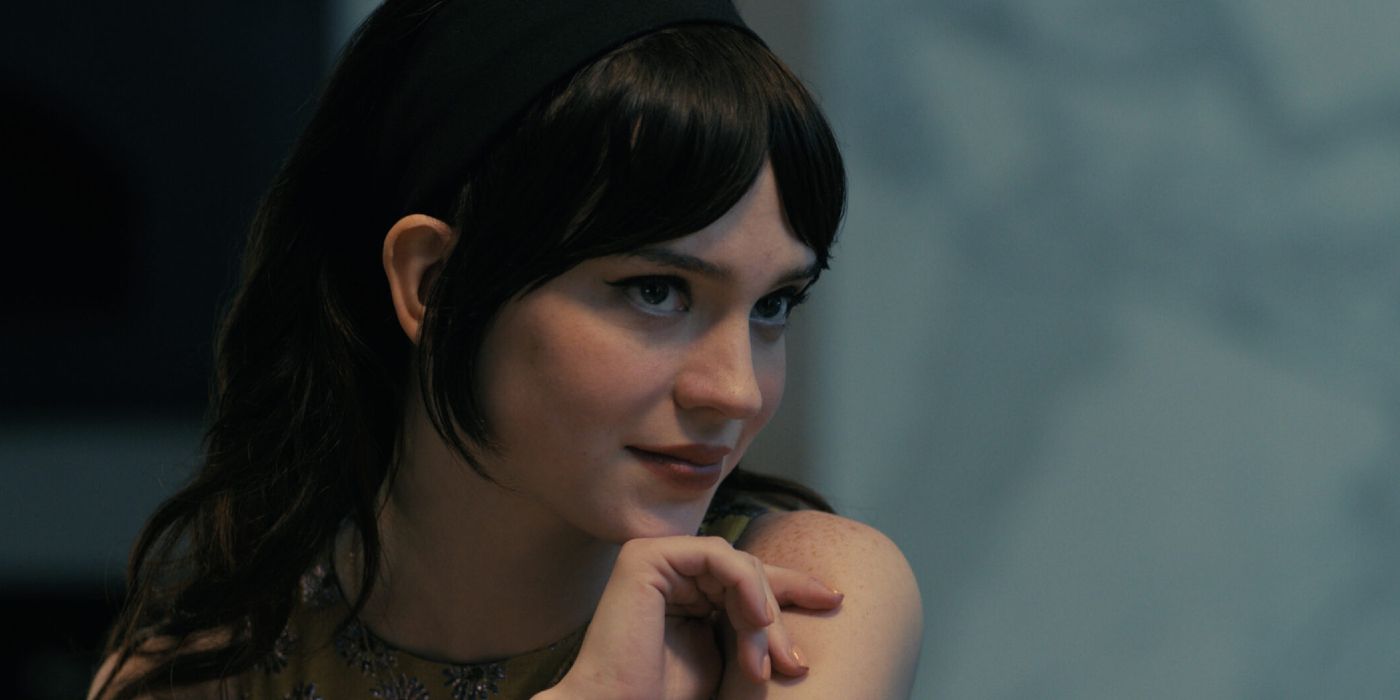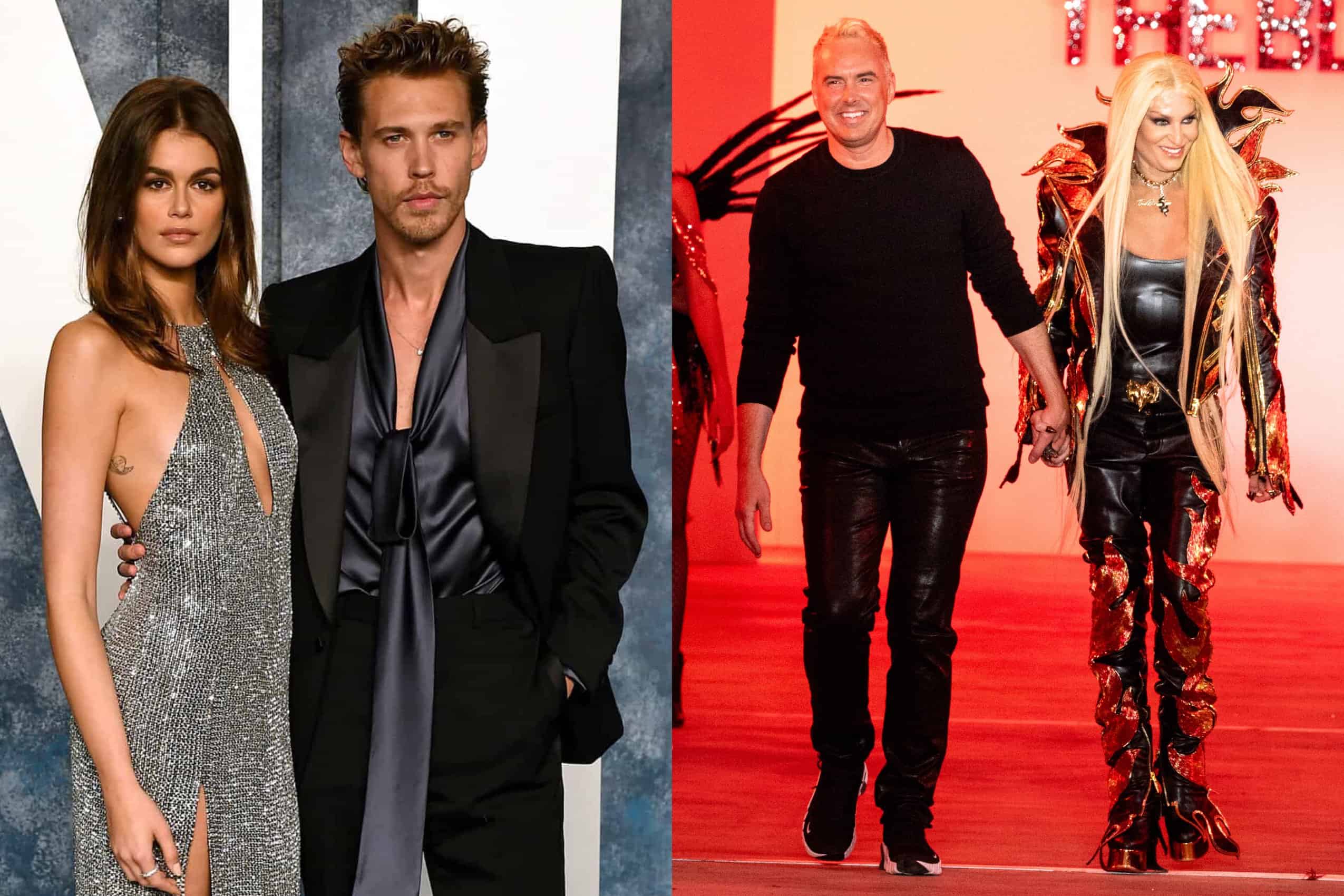“It can be hard to tell who and what a man is,” a somber voice intones offscreen. This simple sentence is the Rosetta Stone for understanding Potsy Ponciroli’s new Western, Old Henry. The voice belongs to a farmer played by the underrated character actor Tim Blake Nelson in a well-deserved leading role. Henry doesn’t speak much; when he does, he mainly quotes Biblical verses and gives firm instructions to his son, Wyatt, who is clearly desperate to escape their small and isolated life.
Henry seems to be a stern but protective father, a widow whose bitterness is palpable despite the absence of explanation; it is clear from the beginning that he has chosen this remote life for a reason. Happenstance interrupts his tranquil, nearly monastic existence one day when he discovers a horse, a wounded man, a gun, and a bag filled with money. He mumbles “nope” and rides away, but then pauses. His decision to turn around will be the catalyst for a quietly tense ticking bomb of a film which is sure to explode with carnage. As one character puts it, “you have no idea the hell you’ve unleashed.”
MOVIEWEB VIDEO OF THE DAY
The film is one of a slew of Western films recently, an odd phenomenon considering the age we live in. News of the World, First Cow, The Harder They Fall, The Kid, and many other movies have displayed a fascination with the ways of the Wild West, with its violence and honor systems, its anarchy and its infinite possibilites. This could be a kind of cultural nostalgia, a longing for a time when the world was less complicated and everyone wasn’t constantly digitally connected, where freedom was literal but at the dangerous price of survival.
Related: Best Clint Eastwood Westerns, Ranked
Old Henry, on the other hand, is set in 1907, a rather late but particularly important time for the story of the Wild West. All the legendary gunslingers were dying out– Tom Horn and Billy the Kid were already dead and Pat Garrett would be killed that year, followed by Butch Cassidy and the Sundance Kid; the oil boom was beginning and black gold was overtaking actual gold; the final three states would be admitted into America, eliminating the wildness of these territories; shootouts and stagecoach robberies would die out altogether. It’s clear that Old Henry takes the “old” in its title very seriously; in a way, this is a film about the death of the Western itself.
Shout! Studios
Out With the Old
Even while avoiding a major spoiler from the final minutes, which fundamentally changes one’s understanding of the film and elucidates its themes, it’s clear that the film aches with the Wild West’s death. “The world is changing… It’s a place I don’t belong in no more,” Henry half-laments to his son. Wyatt is representative of a new American generation, some of which no longer tolerated being bossed around and held captive by stern parents, no matter how loving they were. He views his father with contempt, just as he seems to detest their pre-industrialized, isolated farm life together. He yearns to do something new his own way, so when his father brings home the mysterious wounded man, Wyatt’s curiosity peaks and he begins to act in disobedience.
He discovers the gun and the bag of money, along with a box filled with very old newspaper clippings of nearly mythological gunslingers like Billy the Kid. He wonders just who his father may be; the man with a gunshot is hardly the only one in this film turning mystery into a spectator sport. Themes of identity and morality then develop as outlaws claim to be lawmen and lawmen seem to be outlaws, until Wyatt learns that his father has a hidden history of violence. As Henry tells him, “I’ve done things I wish I can take back,” but now, with his son threatened by a gang seeking out the money and the stranger, Henry may have to do these things again. The past may die in this movie, but it continues to haunt.
Nelson, Not Neeson
The success of Old Henry is dependent upon its acting, so luckily Tim Blake Nelson is phenomenal as the quiet and dark father, for several reasons. First, he is simply unexpected. This seems to be a trend of sorts in action films, possibly ever since Liam Neeson became a killer with “a particular set of skills;” nobody expected the 56-year old Irish star of Schindler’s List to become an action icon. The same goes with comedian Bob Odenkirk’s turn in the action-thriller Nobody and thin, posh Emily Blunt in Edge of Tomorrow and Sicario. The element of surprise is crucial here as it is in those films, as Nelson’s thin and slight frame, short stature, and untraditional facial features hardly apply to the standard mainstream hero. This allows audiences to both underestimate him and root for him, and makes it all the more surprising when they discover his hard-earned abilities.
Related: Liam Neeson Believed Taken Was Going to Bomb Big Time
These abilities were actually developed outside of Nelson’s role here; his previous work in the Coen brothers’ film The Ballad of Buster Scruggs gave him extensive experience with guns, shooting, and action. He also has great experience and specializing in turning simple country men into engaging characters (see O Brother Where Art Thou, Leaves of Grass, and As I Lay Dying for examples of this). His knowledge of film mechanics and how to maximize his screen presence has certainly developed over decades of directing and writing films of his own. Finally, his voice is perfectly suited for the bitter questions, stern commands, quiet threats, and calm speculations Henry murmurs throughout the film. All in all, Nelson makes himself perfectly suited for the role, something which has been getting lots of attention and awards buzz recently.
Identity
Indeed, Nelson’s character is the prime reason to watch Old Henry. Watching him react to escalating situations, interacting with a possibly dangerous but wounded liar in his home, struggling to protect but love his son, and determining when to fight are all made more tense and moving by his performance. What’s most interesting is seeing others realize who he is in real-time while the audience themselves come to similar conclusions. While Henry claims to “have always told the truth,” his son calls him out on the sin of omission and, to an extent, the majority of the film also plays with omission in order to build pathos and drama. It’s ironically the absence of Henry’s story which gives the film an immediacy of presence.
It isn’t only Henry’s identity which is teased– practically everyone in the film is either not who they say they are or not believed when they speak the truth of their identity. The only person who is decidedly and unsuspiciously himself is Wyatt, the innocent son who will outlive the death of this violent, anarchic Wild West and his father who represents it; the epic twist in the finale only confirms this. Whether or not the great revelations at the end work for the viewer will depend on both their ability to suspend disbelief and their desire to find deeper, more substantial thematic meaning in the film itself.
Shout! Studios
Appearances
The film looks and sounds incredible, opening with vast widescreen vistas of the open west, all fields and mountains, where sunlight permeates everything and a person can see for miles. John Matysiak’s cinematography definitely captures the twin polarities of the Wild West, alternating between these expansive outdoor spaces and more claustrophobic indoor spaces, between the beauty of the West’s nature and the grime of its harsh human realities. The score by Jordan Lehning is subtle but evocative, utilizing percussion dramatically and bringing in the strings at just the right moment for optimum emotion.
Potsy Ponciroli’s direction is subtle and efficient, knowing when to slow down the gradually increasing tension and when to put it into overdive, and his action scenes are extremely tight and simple. His interest in the ‘country’ and Wild West mythos is apparent in the series he helped write and direct, Still the King, with country musician Billy Ray Cyrus, though that sitcom seems a far cry from the work he does here. Aside from that, he’s relatively unknown, but this will surely change after the warm reception of Old Henry. In a sense, he’s as mysterious as his titular character.
In the end, Old Henry leaves one ruminating on the nature of legend, mythos, and history, not just of the Wild West and of America, but of each individual, Henry’s and the viewer’s. What is remembered, and what is passed down? What is forgotten, and what is misconstrued? Who is the agent of one’s identity– individuals or those who tell the stories about them? What is an identity, and can people change theirs? “It can be hard to tell who and what a man is,” Henry says. Long after this small, excellent film is over, the sentence echoes in the viewer’s mind, like the fading sound of a gunshot fired in the past.
Nicolas Cage Takes on His First Western in The Old Way
Read Next
About The Author
Matthew Mahler
(8 Articles Published)
Writer for Movieweb.com since 2021. Lover of film, philosophy, and theology. Amateur human.
You can view the original article HERE.

:quality(85):upscale()/2024/11/27/891/n/1922398/123acea767477facdac4d4.08554212_.jpg)

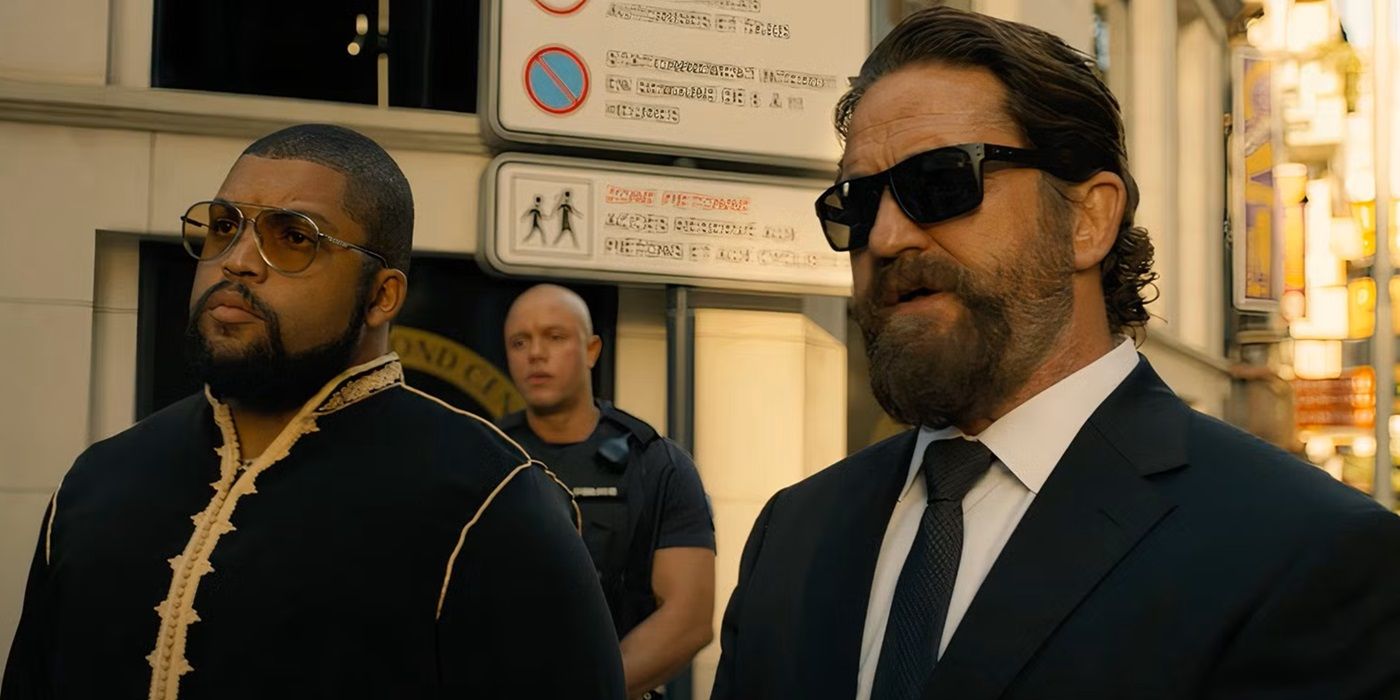

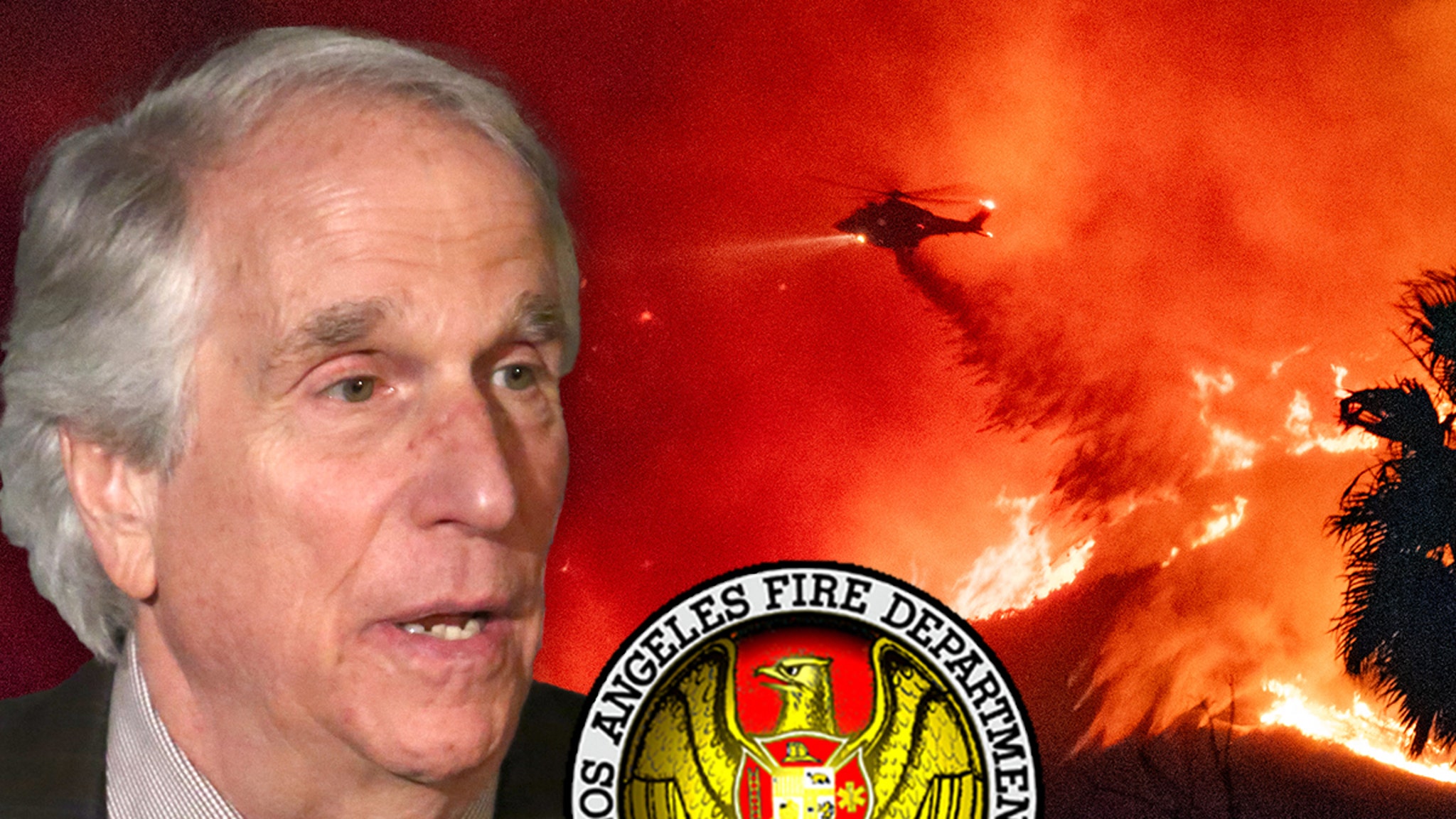



:quality(85):upscale()/2025/01/08/844/n/1922398/cde2aeac677eceef03f2d1.00424146_.jpg)
